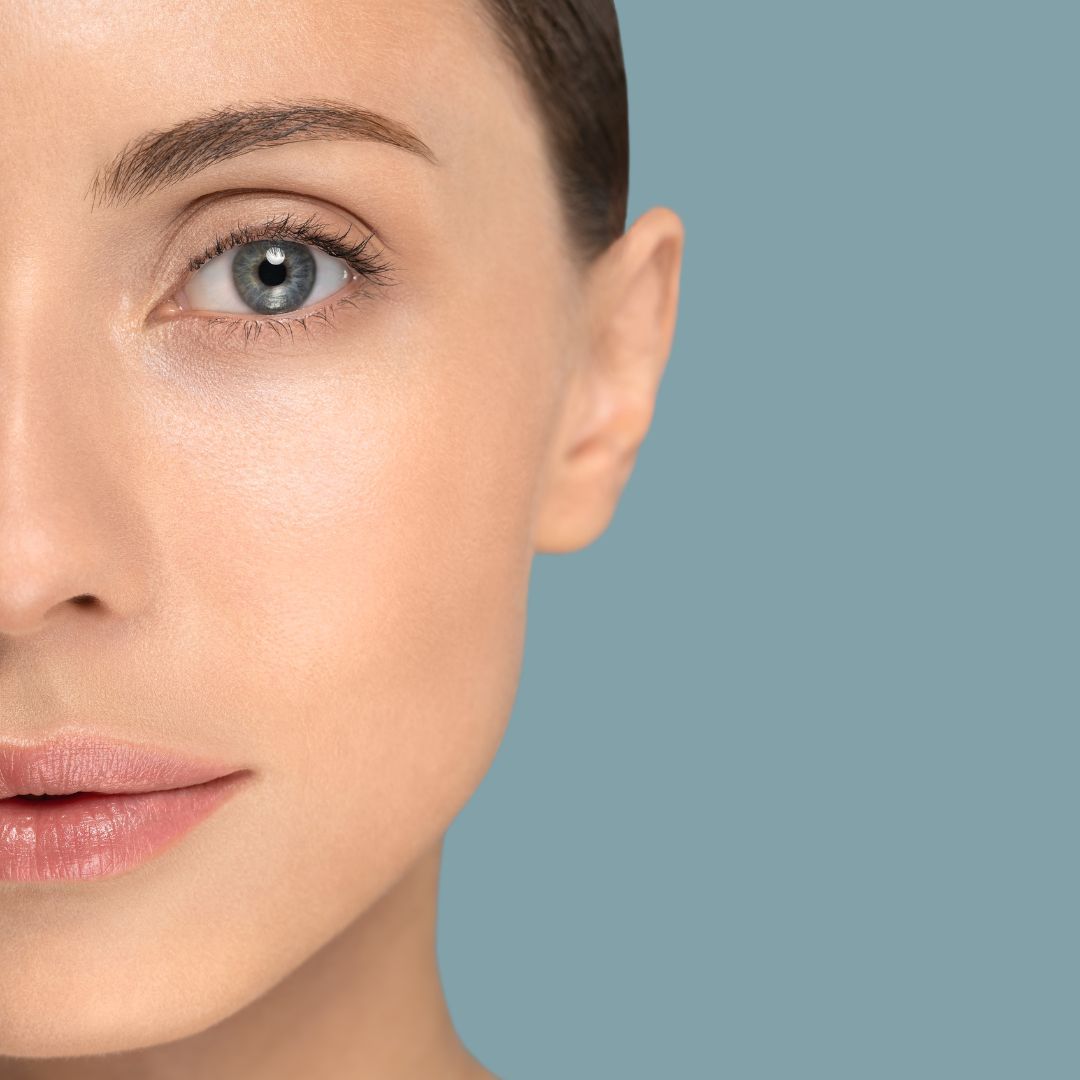Stress, you can see it in your skin
We don’t always know that we are stressed, it creeps up on us. Our modern lifestyles are taking their toll on our bodies. A life of constant stresses, from our journeys to work, through to being superheroes for our families and friends. What most of us don’t know is that skin problems can be a tell-tale sign that you are too stressed.
We always talk very negatively of stress, but stress is not all bad. It is an entirely natural occurrence in our bodies, evolved to help us get out of trouble. A short burst of stress gets the whole body fired up, which prepares you to handle the challenges of the day. Our bodies are designed to handle stress in small doses, but if the body is not given enough time to calm down due to the constant challenges in modern day living, it becomes long-term. As well as being bad for your general health, this constant state of stress can also seriously affect your skin.
When we find ourselves in a challenging or uncontrollable situation, our brains initiate a response through the hypothalamic-pituitary-adrenal (HPA) axis. Ultimately, the body increases the production of steroid hormones, including cortisol, which is often referred to as the ‘stress hormone’.
Cortisol is produced in our body throughout the day, with the highest levels first thing in the morning. Its main role is to help provide us with energy. This energy is made available by using glucose and fatty acids found in our livers. While this is valuable during a threatening or worrying situation, a constant occurrence of stress can lead to your immune system and the HPA axis not working as your body needs. This can cause many problems that can affect your skin.
How does stress affect your skin?
Cortisol - The stress hormone, when activated for too long and too often, can lower your immune system as well as alter your blood sugar control. Naturally, when your immune system is compromised, you are more prone to infections and skin breakouts.
Eating - A lot of us eat our feelings. We shouldn’t, but it is a natural response to stressful situations to comfort eat. We tend to make poor food choices as well when stressed. High sugar and fat intakes can wreak havoc on our skin.
Time - In our modern lives, stress can become all-encompassing. We forget our usual routines and focus entirely on work or the issue causing us to worry. Stress can bring us extra levels of energy, but just like a rollercoaster the high is followed by a low. We can’t find the strength to go for a run or to the gym like usual. Instead, we find ourselves on the sofa. Without exercise, our bodies don’t produce the hormones to counteract stress. It becomes a vicious cycle.
Sleep
- Stress takes its toll on our sleep. During our sleep, our body recovers both physically and mentally. Without the right amount of sleep and the quantity of time spent in each sleep cycle, REM, Light and Deep sleep, the body cannot recover and detox properly. The build up of toxins in the body can also contribute to breakouts in the skin.
Covering up
- When we breakout, we want to cover up our skin with extra make-up. While this might hide your blemishes, it can do more damage. Not only can foundation block your pores, the make-up particles can also harbour bacteria, and cause and worsen a breakout.
I’m stressed enough without bad skin. What should I be doing?
Be kind to yourself - Stress is becoming more and more normal. It is okay that you feel overwhelmed or worried. Start to get things off your chest and share your stress with a colleague, family member, friend or professional.
Exercise
- can be one of the hardest things to do when you are stressed. Start small, don’t try and run a marathon, but a gentle walk in some fresh air can be great to relax your mind and reduce your stress.
Watch what you eat - Try to be more present with your food. Do you need to eat that? Are you hungry? We often grab food because it is there, hide any snacks you have away in a drawer rather than on your desk.
Sleep hygiene - Screen time can significantly impact the quality of your sleep. Try to avoid working and using your devices for two hours before bedtime. When you are stressed, you should be aiming to sleep as early as possible, rather than burning the midnight oil trying to work. Try to keep a journal by your bedside and write down what’s in your mind before you get into bed. Knowing your thoughts are on paper can help relax your mind for a more peaceful night’s sleep.
Avoid make-up
- This can be one of the hardest things to do. We all want to cover up spots and other skin issues. Give your skin the time it needs to recover and heal. Even supermodels get spots. Having good skin doesn’t mean it will be blemish-free all of the time.
Stress is temporary
Don’t panic if you find yourself stressed and breaking out. Stress is temporary, and so are the skin breakouts. You can talk to your skincare professional about creams and treatments to relieve the symptoms. Still, for the most part, a stress breakout is best dealt with by looking after yourself. No one has perfect skin all the time. Having a spot now and again is entirely normal and to be expected. Just accepting this fact can take a lot of pressure off you and reduce some stress.
How we feel on the inside is often reflected on the outside. Begin to take small steps to relieve your stress, and you will find your skin returning to its natural glow.


